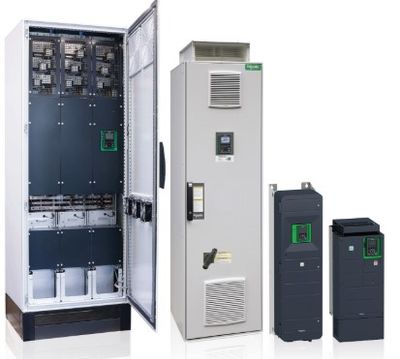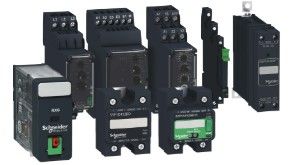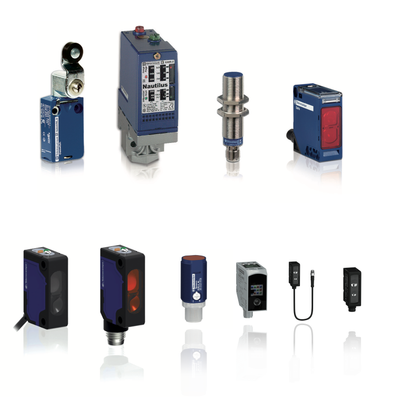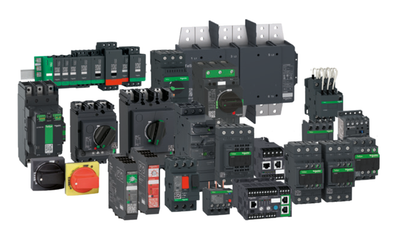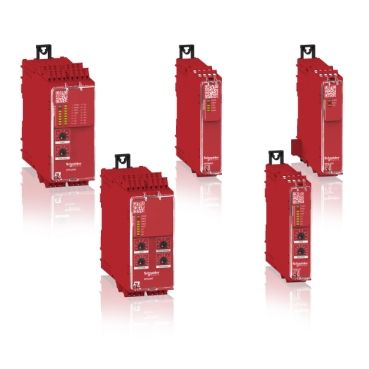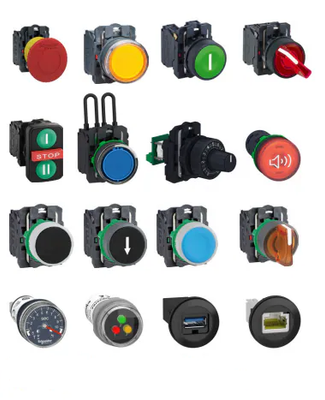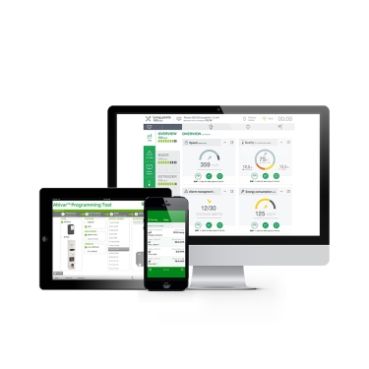Get in touch
enquiry@pcpelectric.sg
0
Industrial Automation
The Transformative Impact of Industrial Automation Products
Industrial automation products are revolutionizing industries by utilizing advanced control systems, information technologies, and robotic solutions. These products streamline operations, enhance efficiency, and bring numerous benefits across various sectors. Here are the key aspects of their significance:
1. Cost Reduction
- Labor Costs: Automation reduces the need for human intervention, significantly lowering labor costs.
- Operational Efficiency: Automated systems work faster and more accurately, minimizing wastage and energy consumption.
2. Quality Improvement
- Consistency: Automation ensures consistent product quality by minimizing human errors.
- Precision: Advanced control systems and robotics enhance the precision of manufacturing processes.
3. Increased Production Rates
- Speed: Automated machinery can operate continuously without fatigue, leading to higher production rates.
- Scalability: Automation allows for easy scaling of operations to meet increased demand without a proportional increase in labor.
4. Enhanced Safety
- Hazardous Environments: Robots and automated systems can operate in environments that are unsafe for humans, reducing workplace injuries.
- Error Reduction: Automation reduces the chances of human error, which can lead to accidents and safety issues.
5. Data Collection and Analysis
- Real-time Monitoring: Automation systems can collect and analyze data in real-time, providing insights into the production process and identifying areas for improvement.
- Predictive Maintenance: Data analytics can predict equipment failures before they occur, reducing downtime and maintenance costs.
6. Flexibility and Customization
- Adaptability: Automated systems can be easily reprogrammed to handle different tasks, offering flexibility in manufacturing processes.
- Customization: Enables the production of customized products without significant changes in the production setup.
7. Environmental Impact
- Efficiency: Automation often leads to more efficient use of resources, reducing the environmental footprint.
- Sustainability: Automated systems can be designed to minimize waste and optimize energy use, contributing to sustainability goals.
Key Industrial Automation Products
- Robots: Used for tasks such as welding, painting, assembly, and material handling.
- Programmable Logic Controllers (PLCs): Control complex processes and machinery.
- Human-Machine Interfaces (HMIs): Provide a user interface for operating automated systems.
- Sensors and Actuators: Monitor and control physical processes.
- Supervisory Control and Data Acquisition (SCADA) Systems: Manage large-scale industrial processes.
- Industrial Internet of Things (IIoT) Devices: Connect machines and systems for better data integration and control.
Industries Benefiting from Automation
- Manufacturing: Automotive, electronics, and consumer goods.
- Pharmaceuticals: Precision in drug manufacturing and packaging.
- Food and Beverage: Ensures hygiene and consistency in production.
- Energy: Automation in power plants and renewable energy systems.
- Logistics and Warehousing: Automated sorting, packing, and inventory management.
Conclusion
Industrial automation is not just about replacing human labor with machines. It's about creating more efficient, safe, and adaptable production environments. This transformation is critical for industries aiming to remain competitive in a rapidly digitalizing world.
Display prices in:
SGD



